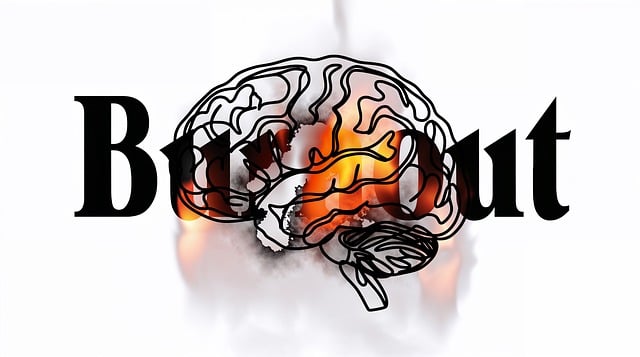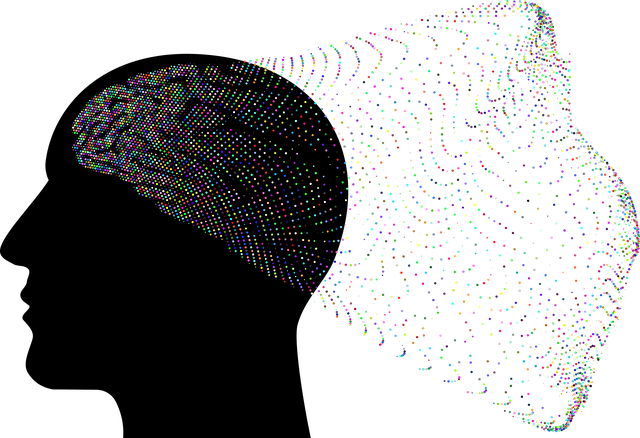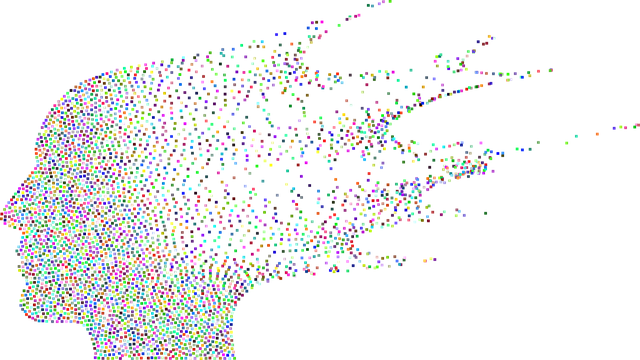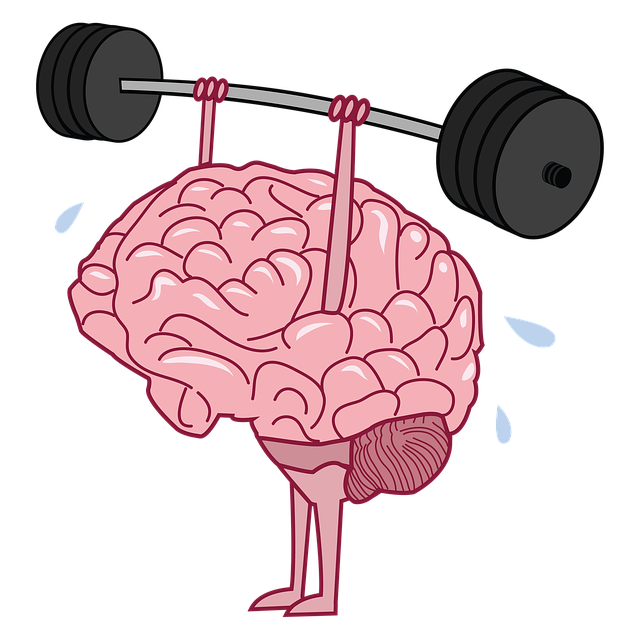Community outreach programs tailored to elderly individuals with neuro disorders, such as Alzheimer's or Parkinson's disease, are essential for enhancing their quality of life and mental health. These programs address unique challenges like cognitive impairments and behavioral changes by offering therapy focusing on medical, social, and emotional aspects. Effective initiatives include stress management workshops, coping skills development, and mood management strategies, while also considering healthcare provider burnout prevention and community engagement through public awareness campaigns and partnerships. Robust evaluation methods track attendance and participant feedback to ensure program effectiveness and adaptability, ultimately revolutionizing support for elders with neuro disorders.
Community outreach programs play a vital role in addressing the unique needs of elderly populations with neuro disorders. This article explores strategies for implementing inclusive initiatives, focusing on therapy and support. We delve into understanding specific community requirements, designing targeted programs, and fostering engagement. Additionally, we discuss successful measurement techniques to evaluate impact and ensure continuous improvement in providing essential therapy for elders with neuro disorders.
- Understanding the Needs of Elderly Communities with Neuro Disorders
- Designing Effective Outreach Programs for Therapy and Support
- Strategies for Successful Community Engagement and Participation
- Measuring Impact: Evaluation and Continuous Improvement of Outreach Initiatives
Understanding the Needs of Elderly Communities with Neuro Disorders

Understanding the needs of elderly communities with neuro disorders is a critical step in implementing effective community outreach programs. These individuals often face unique challenges that require tailored support and services. Many elders struggle with cognitive impairments, memory loss, and behavioral changes associated with conditions such as Alzheimer’s or Parkinson’s disease. Tailoring therapy for elders with neuro disorders involves addressing not only their medical needs but also their social and emotional well-being.
Community outreach programs can play a vital role in enhancing the lives of these individuals by offering stress management workshops, coping skills development sessions, and mood management strategies. These initiatives ensure that elderly community members receive holistic support that improves their quality of life. By incorporating activities focused on mental health and emotional resilience, organizations can foster a sense of belonging and purpose among elders, enabling them to navigate the complexities of their conditions with greater ease.
Designing Effective Outreach Programs for Therapy and Support

Effective community outreach programs play a pivotal role in extending therapy and support services to elderly individuals with neuro disorders. These initiatives must be meticulously designed to address specific needs, considering factors like accessibility, cultural sensitivity, and tailored interventions. A successful program can significantly improve mental health outcomes by reducing social isolation and promoting active engagement.
Incorporating burnout prevention strategies for healthcare providers is essential within these programs. Community outreach workers and volunteers should receive adequate training in stress reduction methods to maintain resilience while delivering services. Balancing the demands of their work with empathy and compassion is crucial, ensuring a sustainable and impactful approach to supporting vulnerable populations.
Strategies for Successful Community Engagement and Participation

Effective community engagement is pivotal for successful implementation of outreach programs, especially when targeting vulnerable populations such as elders with neuro disorders. One proven strategy is public awareness campaigns development that educates the community about specific health issues and available support services. These campaigns can employ various multimedia formats to cater to diverse learning styles, ensuring key messages resonate with everyone. For instance, informational workshops, social media outreach, and storytelling sessions have been shown to enhance depression prevention and stress reduction methods among older adults.
Additionally, fostering strong partnerships with local organizations, religious groups, and community centers can amplify the reach of these programs. Personal invitations and peer support networks play a crucial role in encouraging participation, creating an inclusive environment that makes elders feel valued and understood. By tailoring services to meet their unique needs, outreach programs can effectively address therapy for elders neuro disorders and significantly improve their overall well-being.
Measuring Impact: Evaluation and Continuous Improvement of Outreach Initiatives

Evaluating the impact of community outreach programs is a vital step in ensuring their long-term success and effectiveness, especially when focusing on sensitive issues like neuro disorders among elders. By implementing robust evaluation methods, organizations can assess the reach and benefits of their initiatives. This process involves collecting quantitative and qualitative data to gauge participation rates, satisfaction levels, and the overall well-being of the target population. For example, tracking attendance at therapy sessions for elders with neuro disorders can provide insights into the program’s appeal and effectiveness.
Additionally, ongoing feedback from participants through surveys or focus groups offers valuable information about personal growth, emotional healing processes, and improved mental wellness. This data can guide modifications to existing outreach strategies, such as incorporating recommended mental wellness journaling exercises or refining communication strategies. Such adaptive approaches ensure that community outreach programs remain responsive to the evolving needs of elders and contribute to their overall mental health and quality of life.
Community outreach programs focused on providing therapy and support for elders with neuro disorders can significantly enhance their quality of life. By understanding specific community needs, designing tailored programs, fostering engagement, and continually evaluating impact, we can create impactful initiatives that improve mental and physical well-being. Implementing these strategies ensures that elderly individuals with neuro disorders receive the necessary care in accessible, supportive environments, ultimately enriching their lives and communities.














